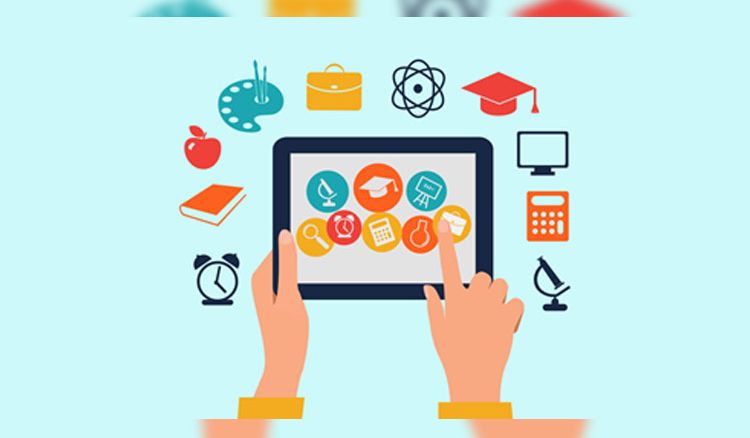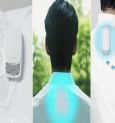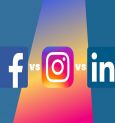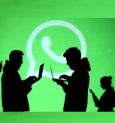Nowadays, there is an app for almost everything. So, it was not a surprise to come across several of them, assuring to monitor one's mental health. What irked me was how could an app detect a mental disorder based on meagre information, provided to it, at a given point of time, without knowing the history of the client.
If the relevant books are referred, it could be seen that even with clearly demarcated categories of disorders, there is always a thin line of difference between two or more disorders. In fact, the line is sometimes so thin, that it makes the mental health professional oscillate between diagnoses for hours.
It is true that these apps act as a screening measure, leaving the client with the choice of consulting a therapist for further information. But what if the client opts not to take the choice? This would mean he "chose" to accept the label ascribed to him by the app. Now with labelling, comes stigma, the removal of which should technically be done by the therapist.
Given today's age and time, any app undoubtedly guides us throughout the day, is a constant companion and can also be uninstalled when we do not adhere to its opinion.
Even though we are warned of artificial intelligence taking over the world, the question arises whether it will be "intelligent" enough to detect the sudden shift of moods in a "session". Will it accurately detect how one changes from being completely calm to being completely chaotic at the mention of something uncomfortable. I sincerely hope that these apps detect the expression in the eyes that say thank you, but fail to express the same verbally.
 বাংলায় পড়ুন
বাংলায় পড়ুন














